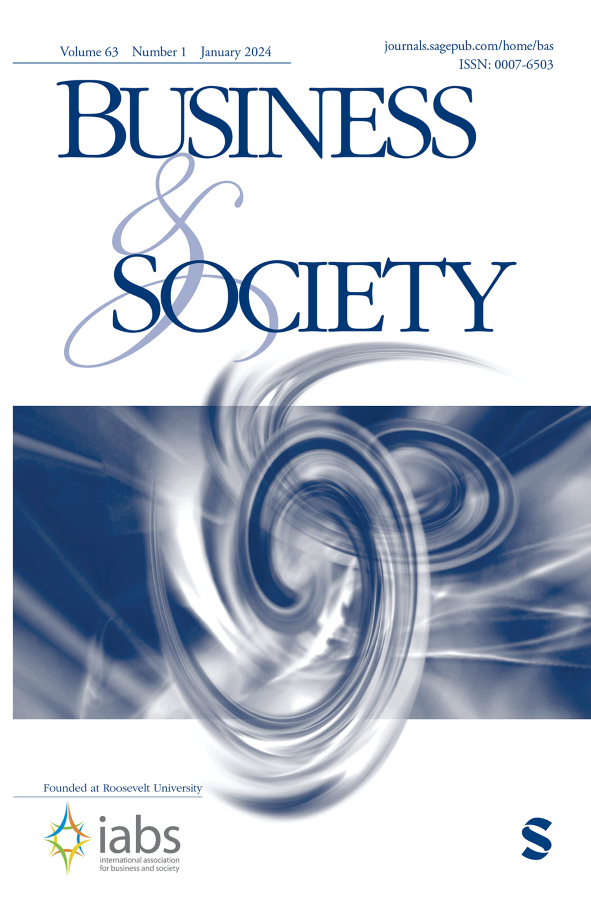When Are Voluntary Environmental Programs More Effective? A Meta-Analysis of the Role of Program Governance Quality
IF 6
3区 管理学
Q1 BUSINESS
引用次数: 0
Abstract
We meta-analyze 103 studies of 23 voluntary environmental programs (VEPs) to assess how their governance quality, or the rigor of their internal institutional mechanisms, drives their ability to improve their participants corporate environmental and financial performance. The goal of VEPs is to incentivize firms to reduce firms’ environmental impacts by bolstering their reputations and helping them learn practices that improve their financial performance. Research on VEP effectiveness, however, is inconclusive, in part, because most studies sampled individual programs, and were unable to analyze how difference in program characteristics drive their effectiveness. We draw on institutional theory to argue that VEP governance quality determines whether they improve participants’ environmental performance, and the natural resource-based view to argue that they improve their financial performance. Results confirm our predictions, and in doing so, help to establish a business case for VEPs with high-quality governance.自愿性环保项目何时更有效?项目治理质量作用的元分析
我们对23个自愿环境项目(vep)的103项研究进行了荟萃分析,以评估其治理质量或内部制度机制的严密性如何推动其改善参与者企业环境和财务绩效的能力。副总裁的目标是通过提升公司声誉和帮助他们学习改善财务绩效的实践来激励公司减少对环境的影响。然而,对副总裁有效性的研究是不确定的,部分原因是大多数研究都是对个别项目进行抽样,无法分析项目特征的差异如何推动其有效性。我们借鉴制度理论,认为副总裁治理质量决定了其是否提高了参与者的环境绩效,并借鉴自然资源基础观点,认为其改善了参与者的财务绩效。结果证实了我们的预测,并且这样做有助于为具有高质量治理的副总裁建立业务案例。
本文章由计算机程序翻译,如有差异,请以英文原文为准。
求助全文
约1分钟内获得全文
求助全文
来源期刊

Business & Society
BUSINESS-
CiteScore
14.80
自引率
11.40%
发文量
56
期刊介绍:
Business & Society publishes original research, book reviews, and dissertation abstracts relating to business ethics, business-government relations, corporate governance, corporate social performance, and environmental-management issues. Manuscripts relating to the field of business and society in general are also published. Submissions of theoretical/ conceptual work as well as empirical studies are encouraged. Business & Society is the first peer-reviewed scholarly publication devoted exclusively to the field of business and society, and it is the official journal of the International Association for Business and Society (I.A.B.S.), the only independent professional association dedicated to business and society teaching and research.
 求助内容:
求助内容: 应助结果提醒方式:
应助结果提醒方式:


